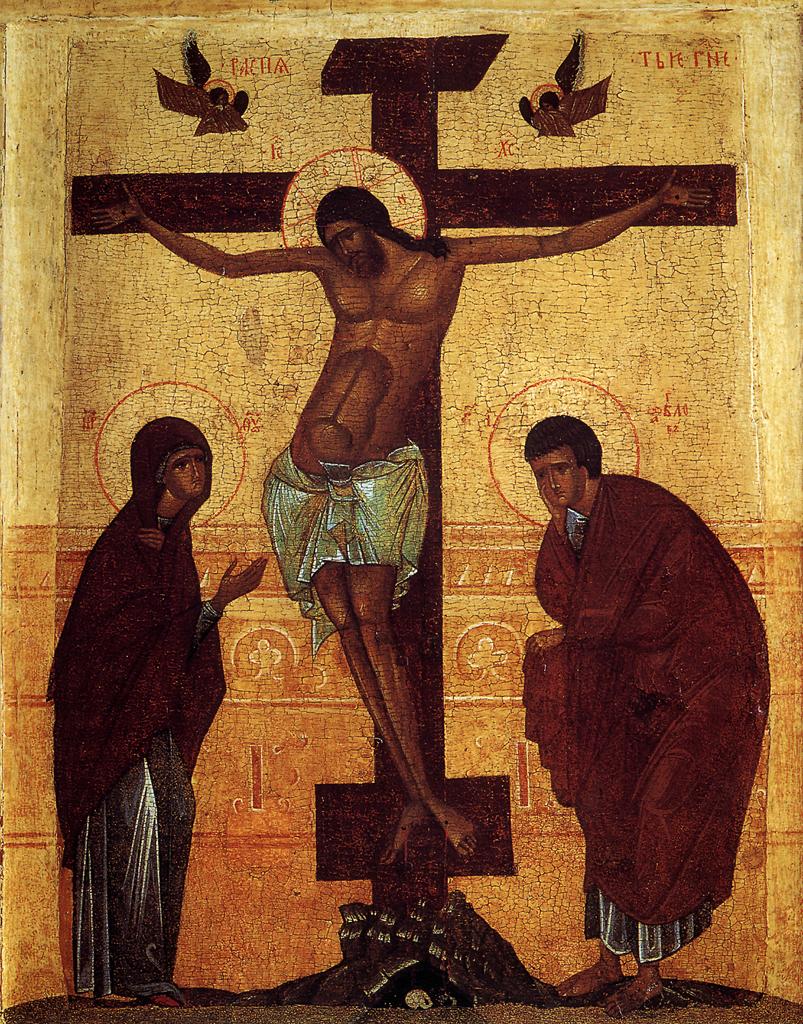
Julian of Norwich speaks in Chapter 31 of Revelations of Divine Love of God's longing for us to be happy with him:
"...As certainly as God has the attribute of deep concern and pity so he has the attribute of longing and thirst. (And by virtue of this longing within Christ we in turn long for him: without it no soul comes to heaven.) This quality of longing and thirst comes from God's eternal goodness, just as pity does. Though longing and pity are different, spiritual thirst comes from them both together. It is a deep desire which continues as long as we are in need, drawing us up into his eternal happiness. All this was revealed in the Revelation of his compassion and it will cease on Judgement Day."








